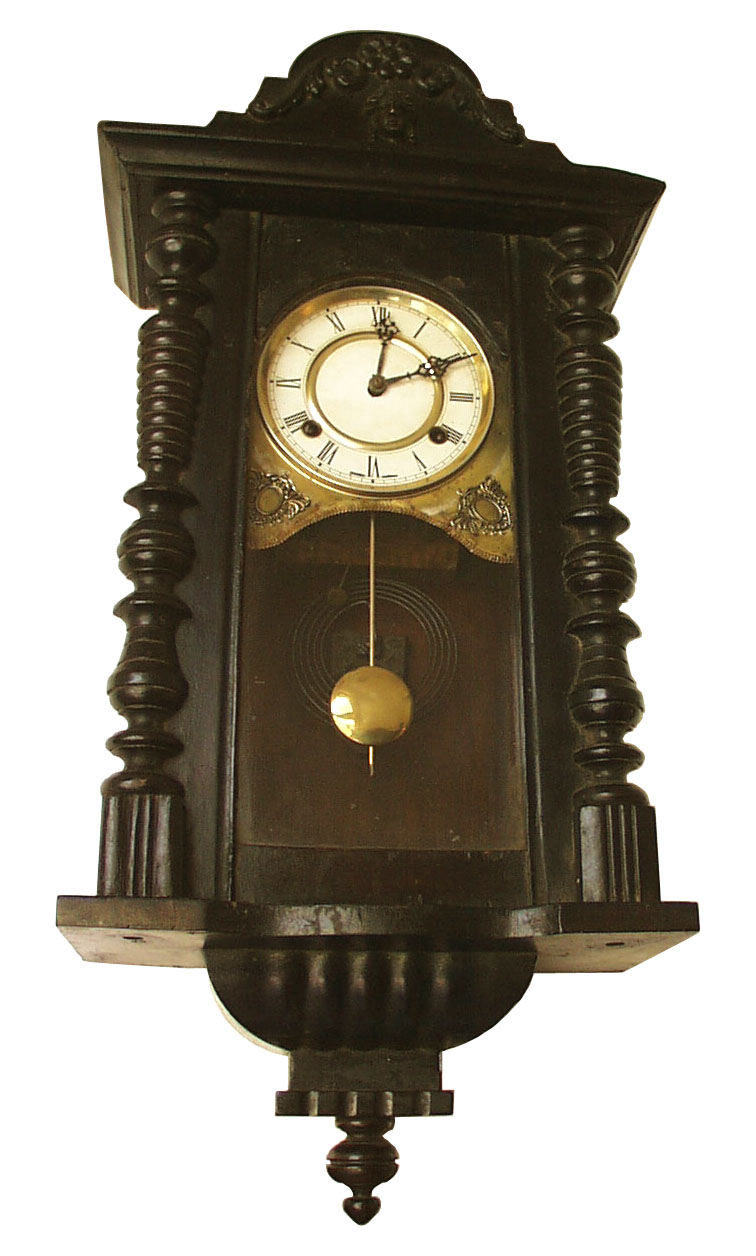 faith
faith The Place of Humble Certainty
 Saturday, May 31, 2014 at 09:38AM
Saturday, May 31, 2014 at 09:38AM  Almost no one uses a grandfather clock these days, but that doesn’t mean the pendulum isn’t busy swinging back and forth. There is a back-and-forth sway of popular ideas in society—and in the society of God’s people, known as the church.
Almost no one uses a grandfather clock these days, but that doesn’t mean the pendulum isn’t busy swinging back and forth. There is a back-and-forth sway of popular ideas in society—and in the society of God’s people, known as the church.
My first twenty years with God I was surrounded by the need for faith, expressed in plain Evangelical language. Saint Billy Graham provided a fine bumper-sticker example: “God said it. I believe it. That settles it.” Bible-teacher Derek Prince intoned, “All progress in the Christian walk is by faith.” Both sayings are true, but the pull of groupthink created an environment where faith morphed into a powerful orthodoxy of agreement. We all boldly proclaimed our faith—even when we didn’t quite believe it.
My second twenty years with God saw the invisible pendulum swing the opposite way. Honest doubt became the password of authenticity. Certainty became the sign of arrogance. The cyber community reminded us the difference between someone’s interpretation of the Bible and “Bible truth.” They demonstrated how doubt could lead to spiritual growth. “I believe—help me in my unbelief” became a popular topic among emerging church leaders. But the pull of groupthink worked here as well. Although doubt is often a useful path for discovery, it became the approved approach to faith: don’t trust anyone who is firm in his or her beliefs. The only “honest” position is doubt.
I have great hope for the next few years. Perhaps we can live for a while in the center, a place of humble certainty.
We can find the place of humble certainty if we embrace the need and the blessings of faith while holding our doubts and fears honestly without making them into a virtue.
Consider these very challenging words from John’s gospel, the very last message of the book: “these things are written that you may believe that Jesus is the Messiah, the Son of God, and that by believing you may have life in his name. There’s a deep connection between believing and receiving a divine quality of life. The final phrase, “that by believing you may have life” is about something more than going to Heaven; it’s about the quality of life available to us here and now.
Make no mistake: it takes faith to experience this kind of life. Without faith, the flow of divine life is choked to a trickle. Not a faith in propositions, or political positions, or even correct doctrines, but a trusting relationship with a living person, Jesus. In my first twenty years I was told faith meant following a line of behaviors or practices that “proved” my commitment. In my second twenty years I’ve been told that doubt is the only honest kind of faith. In my first twenty years the Apostle Peter was my example; in the second twenty it was Doubting Thomas. But neither Peter nor Thomas give life. Life comes from only one man, Jesus, the Messiah, the Son of God.
If the pendulum is entering the radical middle, perhaps we can re-define faith as trust—the kind of trust that flourishes between two people when they share life together. That’s the faith/trust I want with Jesus. To the degree I experience the divine life of peace, that’s the measure of my faith. How about you? Can you live in the center?


Reader Comments (2)
Amen! I'm glad you wrote this, Ray. I've never thought that either extreme held the full story, but that there must be a kind of faith that is certain but also honest. Humble certainty describes it nicely. That's what I want!
Thanks, Chris: and I think the pendulum swing is simply a part of being human. I this post I described it in "mega" (or sociological) terms, but I've found it true on a personal level as well. Peace to you!